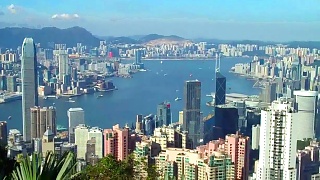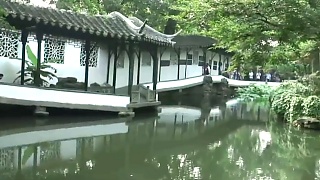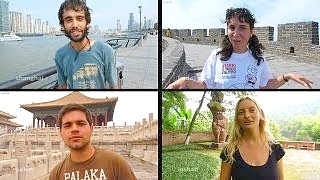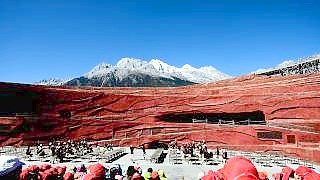 Something different – Someone to love (60s blues music)
Something different – Someone to love (60s blues music)
Related Videos
Featured Videos

|
With DianXi XiaoGe ...
|

|
The West has a win-lose mindset. It is very different from China's win-win.
The West aims, and has done for many decades, to keep all other countries down, by inciting wars and installing compliant puppet regimes.
Containing China has been the policy all along - and the real reason for the Vietnam and Korea wars. It is not something new. This is why the Phillipines has never reached its potential, and why all the propaganda (lies) and meddling in China's outskirts - notably, Tibet, Hong Kong, Taiwan and XinJiang.
With Brian Berletic and Danny HaiPhong ...
With Liu Xin and Jeffrey Sachs ...
With George Galloway ...
With Thinkers Forum ...
With Jason / Living In China ...
On the US Empire - with Trip Bitten ...
On the Middle East, with Double Down News ...
With Judge Napolitano and Craig Murray ...
With The Duran ...
With Novara Media ...
With Richard Wolff ...
On Yemen, with Ben Norton ...
With Michael Hudson ...
On XinJiang, with Willene Business & Lifestyle ...
On how China has changed - with Lee Barrett ...
On the 5-Eyes neo-colonial pact ...
On Australia - with the Australian Citizens Party and John Lander ...
The first BRICS+ meeting of 2024 ...
On the West's 5-Eyes UNWRA defunding ...
On a possible US attack on Iran - with Scott Ritter ...
|

|
With Tanya in China ...
|

|
Surprisingly beautiful ...
|

|
Metabolic disease from a poor or wrong diet is the underlying root cause of disease. But medicine is driven by profit and has a major influence on public policy.
With Aseem Malhotra.
Bonus film on big pharma and Covid rmna vaccines ...
|

|
JiangSu province.
An introduction to the art of Chinese gardens.
|

|
Chinese New Year’s decorations, goods and snacks!
明日除夕,挂灯笼、贴对联、备好年货过大年啦!
A masterclass with LiZiQi (pure genius). Don't miss it ...
|

|
7,000 kilometers of backpacking to 14 locations ...
|

|
JiangSu province.
SuZhou night walk ...
Bonus film - micro movie : Return to WuZhong, SuZhou...
|
Tag search ?







 Something different – Someone to love (60s blues music)
Something different – Someone to love (60s blues music)










